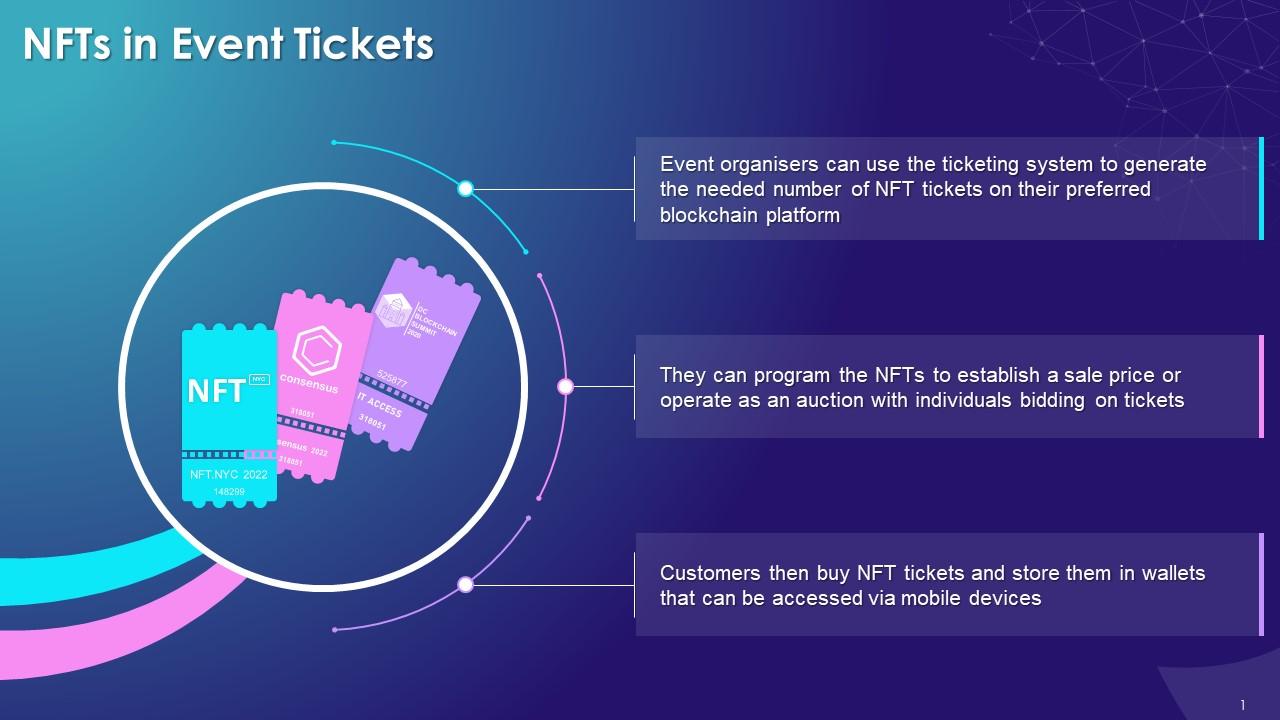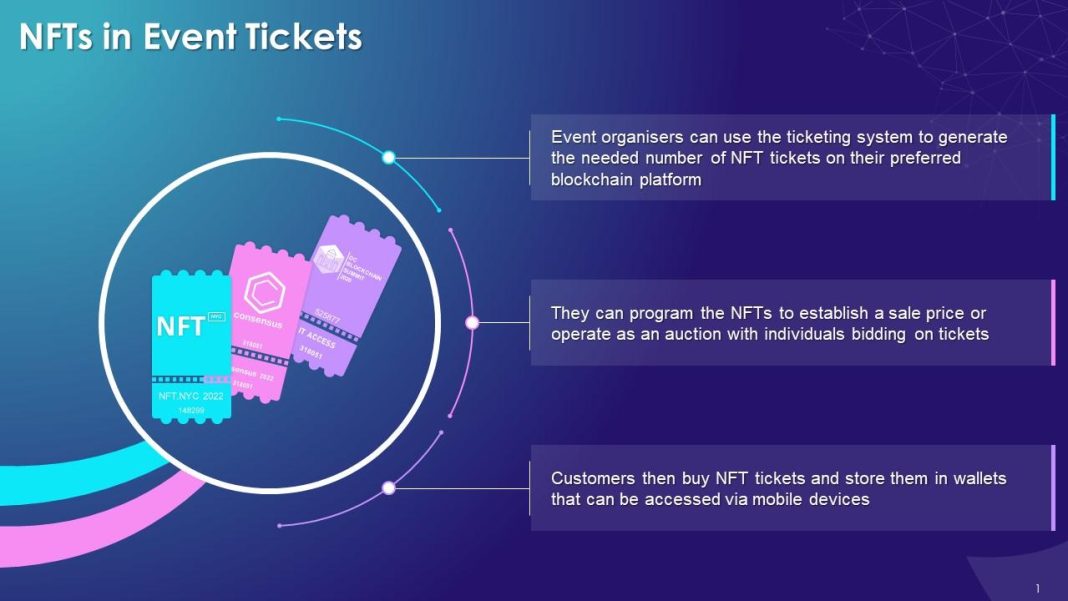 Title: Live Nation Faces Antitrust Lawsuit: The Battle to Disrupt the Ticketing Industry
Title: Live Nation Faces Antitrust Lawsuit: The Battle to Disrupt the Ticketing Industry
Introduction:
In a groundbreaking antitrust lawsuit, the US government and 30 state attorneys general have filed a suit against Live Nation, the parent company of Ticketmaster. The lawsuit alleges that Live Nation has abused its industry dominance, resulting in harm to fans nationwide. If successful, this case could bring about significant changes in the live events market, which has been marred by issues such as poor customer service, confusing pricing, and expensive ticketing fees.
The Allegations: Live Nation’s Monopolistic Control and Harm to Fans
The lawsuit claims that Live Nation orchestrated a plan to stifle competition and monopolize the ticketing and live events industry. The company allegedly cut exclusive deals with major venues, ensuring that all future events were ticketed through its platform. Live Nation directly manages over 400 artists, controls 60% of concert promotions at major venues, and dominates primary ticketing for concerts at around 80% or more of major concert venues. This monopolistic control has resulted in higher fees for fans, limited opportunities for artists, and fewer choices for venue operators.
The Impact on Fans: Death by a Thousand Cuts
The lawsuit comes after a high-profile incident in 2022 when Ticketmaster’s glitches prevented millions of fans from purchasing tickets for Taylor Swift’s “Eras” tour. This incident shed light on the lack of competition in the industry, leading to a range of issues for consumers. Critics argue that Live Nation’s dominance has led to poor customer service, confusing pricing structures, expensive ticketing fees, and restrictions on ticket resales. These problems have collectively created what many fans describe as “death by a thousand cuts.”
Live Nation’s Response: Challenging the Allegations
Live Nation has dismissed the allegations as baseless and stated that the lawsuit will not address the concerns fans care about, such as ticket prices, service fees, and access to in-demand shows. The company argues that calling Ticketmaster a monopoly ignores the basic economics of live entertainment. Live Nation also highlights that its net profit margin is significantly lower than other companies targeted in antitrust lawsuits, such as Apple and Google.
The Legal Battle: A Long Road Ahead
While the lawsuit brings hope for fans seeking change, it is important to note that the legal proceedings will likely take years to reach a resolution. Consequently, the exorbitant fees fans have grown accustomed to are unlikely to see dramatic reductions in the near future. The Justice Department’s request for a jury trial is an unusual move, highlighting the complexity and potential length of the case.
Musicians’ Complaints and Support for the Lawsuit
Live Nation’s tightly integrated operation, which combines event ticketing services with control over popular venues, has drawn criticism from musicians. Artists have expressed frustration over the company’s ability to dictate terms and fees. Taylor Swift, along with other artists like Robert Smith and Zach Bryan, has publicly criticized Live Nation’s practices. The lawsuit has garnered support from competitors like StubHub, who hope for a healthier ticketing market that prioritizes competition and the fan experience.
The Merger and Regulatory Oversight: A Troublesome History
This lawsuit marks the first time since Live Nation merged with Ticketmaster in 2010 that the US government has opposed Live Nation’s economic power. Regulators initially allowed the merger, imposing obligations on the company to address potential harms. However, critics, including lawmakers like Senator Amy Klobuchar and Senator Richard Blumenthal, have long called for an investigation into Live Nation’s compliance with its commitments. The lawsuit highlights regulators’ belief that Live Nation has failed to live up to its promises.
Conclusion:
The antitrust lawsuit against Live Nation represents a significant battle in the ticketing industry. If successful, it could lead to transformative changes in the live events market, benefiting fans, artists, and smaller promoters. However, the legal process is expected to be lengthy, and fans may not see immediate relief from high ticketing fees. Nevertheless, the lawsuit signals a broader push by the Biden administration to scrutinize consolidation and prioritize consumer power across various industries.

